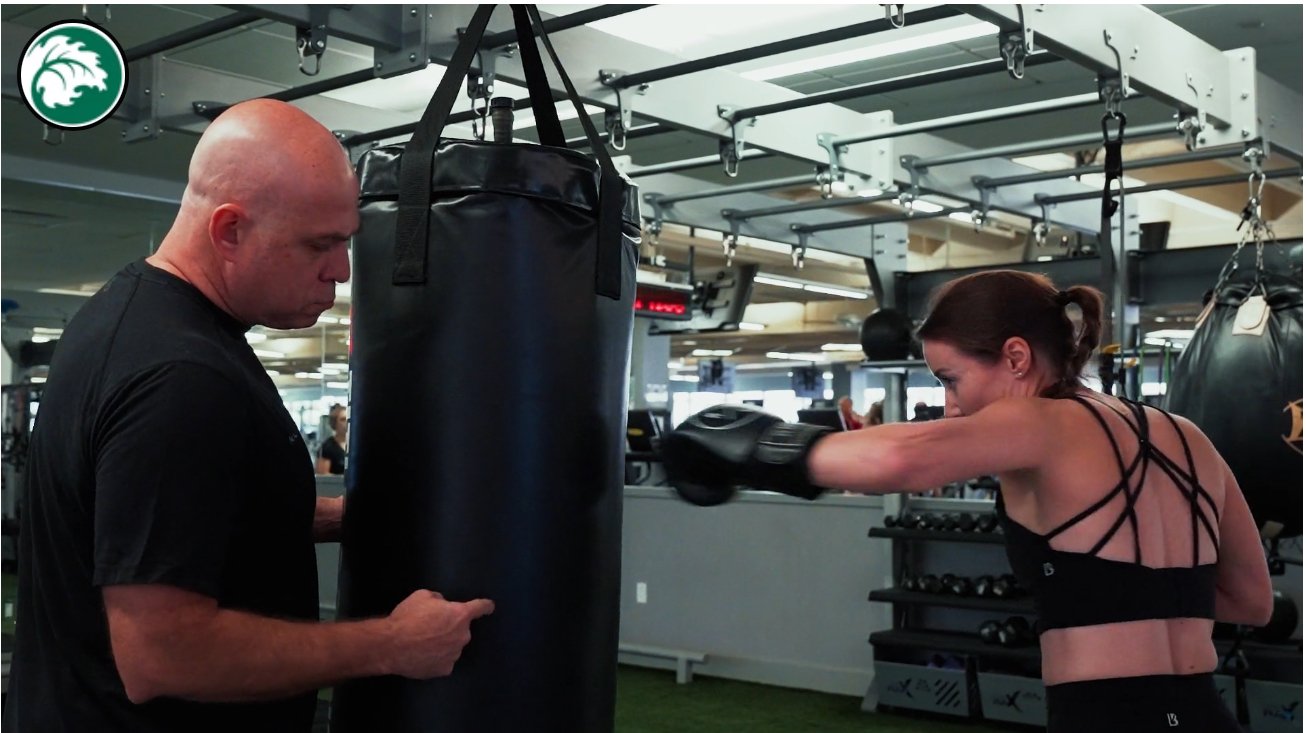The Benefits of Exercise for Anxiety: A Comprehensive Guide
Anxiety is a common mental health issue that affects millions of people worldwide. It manifests in various forms, such as generalized anxiety disorder (GAD), social anxiety disorder, and panic disorder, among others. While medication and therapy are often the first lines of treatment, incorporating exercise into one's routine can be a highly effective complementary strategy. Exercise not only helps to manage anxiety symptoms but also promotes overall mental well-being. In this comprehensive guide, we'll explore the numerous benefits of exercise for anxiety, how it works, and practical tips for integrating it into your daily life.
Anxiety is a natural response to stress, characterized by feelings of tension, worried thoughts, and physical changes like increased blood pressure. While occasional anxiety is a normal part of life, chronic anxiety can interfere with daily activities and diminish quality of life. Symptoms of anxiety can include:
- Persistent worrying
- Restlessness
- Fatigue
- Difficulty concentrating
- Irritability
- Muscle tension
- Sleep disturbances
Long-term anxiety can lead to more severe health issues, including cardiovascular diseases, weakened immune function, and gastrointestinal problems. Therefore, managing anxiety is crucial for maintaining both mental and physical health.
The Science Behind Exercise and Anxiety:
Exercise influences anxiety through various physiological and psychological mechanisms. Here are some key ways in which exercise can help alleviate anxiety:
Reduction of Stress Hormones:
Physical activity reduces levels of the body’s stress hormones, such as adrenaline and cortisol. This helps to decrease overall stress and anxiety levels.
Release of Endorphins:
Exercise stimulates the production of endorphins, chemicals in the brain that act as natural painkillers and mood elevators. This "runner's high" can lead to improved mood and reduced anxiety.
Neurotransmitter Regulation:
Regular physical activity increases the production of neurotransmitters like serotonin and norepinephrine, which play a crucial role in regulating mood and anxiety.
Improved Sleep:
Exercise can improve the quality of sleep, which is often disrupted in individuals with anxiety. Better sleep helps regulate mood and reduces feelings of anxiety.
Enhanced Cognitive Function:
Exercise improves brain function by promoting neuroplasticity—the brain's ability to adapt and form new neural connections. This can enhance cognitive flexibility and resilience against stress.
Physical Fitness:
Improving physical health through exercise can boost self-esteem and body image, which can be negatively affected by anxiety. Feeling strong and capable can reduce feelings of vulnerability and anxiety.
Distraction and Mindfulness:
Engaging in physical activity provides a distraction from worries and negative thoughts. Activities like yoga and tai chi also incorporate mindfulness practices, which can further reduce anxiety.
Types of Exercise Beneficial for Anxiety:
While any form of exercise can be beneficial, some types are particularly effective for managing anxiety. Here are a few examples:
Aerobic Exercise: Activities such as running, swimming, cycling, and dancing elevate the heart rate and have been shown to reduce anxiety. Aim for at least 30 minutes of moderate to vigorous aerobic exercise most days of the week.
Strength Training: Weightlifting and resistance training not only improve physical strength but also have mental health benefits. Incorporate strength training exercises at least two days a week.
Yoga: Combining physical postures, breathing exercises, and meditation, yoga is highly effective for reducing anxiety. Regular practice can improve flexibility, strength, and mental clarity.
Tai Chi: This ancient Chinese practice involves slow, deliberate movements and deep breathing. Tai chi promotes relaxation and mindfulness, making it an excellent choice for managing anxiety.
Walking: Walking, especially in natural settings, can significantly reduce anxiety and improve mood. Aim for a brisk walk of at least 30 minutes a day.
Pilates: Focusing on core strength, flexibility, and mindful movement, Pilates can help reduce anxiety and improve overall body awareness.
Practical Tips for Incorporating Exercise into Your Routine:
Starting and maintaining an exercise routine can be challenging, especially if you're struggling with anxiety. Here are some practical tips to help you get started:
Set Realistic Goals: Begin with small, achievable goals. Gradually increase the intensity and duration of your workouts as you become more comfortable.
Find Activities You Enjoy: Choose exercises that you find enjoyable and engaging. This will increase the likelihood of sticking with your routine.
Schedule Exercise: Make exercise a non-negotiable part of your daily schedule. Treat it like any other important appointment.
Incorporate Variety: Mix different types of exercises to keep your routine interesting and target different muscle groups.
Exercise with Others: Joining a class or working out with a friend can provide social support and make exercise more enjoyable.
Mind Your Body: Pay attention to your body’s signals and avoid overexertion. Rest and recover as needed to prevent burnout and injury.
Stay Consistent: Consistency is key. Even on days when you feel less motivated, try to do some form of physical activity, no matter how small.
Track Your Progress: Keep a journal or use an app to track your workouts and progress. Seeing your improvements can be motivating.
Seek Professional Guidance: If you're new to exercise or have specific health concerns, consider consulting with a fitness professional or physical therapist.
Combine with Other Treatments: Remember that exercise is a complementary treatment. It works best when combined with other forms of therapy, such as counseling and medication.
Exercise is a powerful tool in the management of anxiety. By reducing stress hormones, increasing endorphins, and improving sleep and cognitive function, physical activity can significantly alleviate anxiety symptoms. Whether through aerobic exercises, strength training, yoga, or simple walks in nature, incorporating regular physical activity into your life can enhance your mental well-being and provide a sense of control and empowerment.
If you're struggling with anxiety, consider integrating exercise into your treatment plan. Start small, find activities you enjoy, and be consistent. Remember, you don't have to navigate this journey alone—seek support from friends, family, and mental health professionals. By embracing the benefits of exercise, you can take a proactive step towards managing anxiety and improving your overall quality of life.


